Geohashing and Cub Scouts
As a Cubmaster I was trying to figure out if there was any reasonable way to include geohashing in the program. Cub Scouts in the US has a program formally known the Academics and Sports program, commonly called Belt Loops, that provide awards for tasks done outside of program events.
Belt Loops can be earned for academic achievements like chess or photography or sports achievements like kickball and badminton.
There are certain elements of geohashing that are not kid-friendly or fall withing the Guide to Safe Scouting. However it is possible to map the requirements for belt loops to activities required for geohashing. For example:
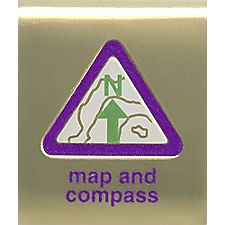
Map and Compass
|
- Show how to orient a map. Find three landmarks on the map
- Explain how a compass works.
- Draw a map of your neighborhood. Label the streets and plot the route you take to get to a place that you often visit.
|
- Create a map for a hashpoint expedition.
- Earn the No Batteries Achievement.
|
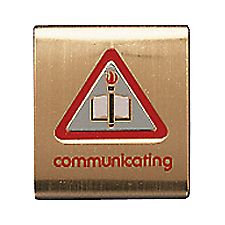
Communicating
|
- Tell a story or relate an incident to a group of people, such as your family, den, or members of your class.
- Write and send a letter to a friend or relative.
- Make a poster about something that interests you. Explain the poster to your den.
|
- Write an expedition report.
- Send a hashcard.
- Make a poster about geohashing and explain it to your den.
|
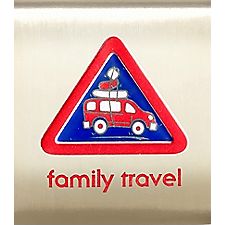
Family Travel
|
- Make a list of things you would take on a three day trip with your family, then pack these items in a bag or suitcase.
- With an adult’s help, figure out the cost and miles to complete a trip to a place of interest using the family car or public transportation.
- Research at least five places to visit during a trip to a place of interest. Explain what you learned to your family.
|
- Plan a Public transport geohash achievement.
|
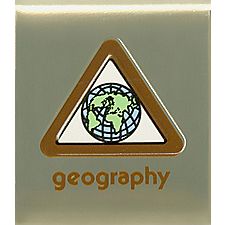
Geography
|
- Draw a map of your neighborhood. Show natural and manmade features. Include a key or legend of map symbols.
- Learn about the physical geography of your community. Identify the major landforms within 100 miles. Discuss with an adult what you learned.
- Use a world globe or map to locate the continents, the oceans, the equator, and the northern and southern hemispheres. Learn how longitude and latitude lines are used to locate a site.
|
- Plan an expedition.
- Explain graticule.
- On a map, show the same hash point in two adjacent graticules.
|
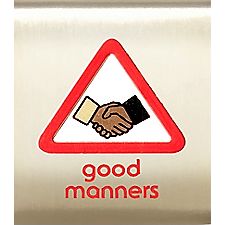
Good Manners
|
- Make a poster that lists five good manners that you want to practice. Share your poster with your den or family.
- Introduce two people correctly and politely. Be sure that one of them is an adult.
- Write a thank-you note to someone who has given you something or done something nice for you.
|
- Introduce two people at a meetup.
- Send a thank you note to a land owner.
|
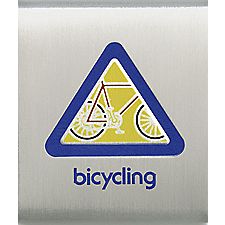
Bicycling
|
- Explain the rules of safe bicycling to your den leader or adult partner.
- Demonstrate how to wear the proper safety equipment for bicycling.
- Show how to ride a bike safely. Ride for at least half an hour with an adult partner, your family, or den.
|
- Earn the bicycle geohash achievement.
|
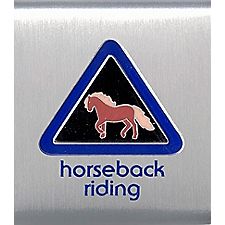
Horseback Riding
|
- Explain five safety precautions for when you are near a horse.
- With help from an experienced horse handler, demonstrate how to safely mount and ride a horse and then how to safely dismount the horse.
- Go on a supervised horseback ride for at least 20 minutes. Wear an approved helmet (such as one approved for horseback riding by the ASTM, or American Society for Testing and Materials).
|
- Earn the Beast of Burden geohash achievement.
|
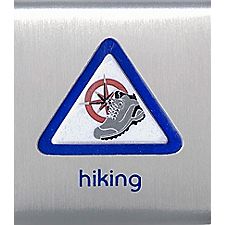
Hiking
|
- Explain the hiking safety rules to your den leader or adult partner. Practice these rules while on a hike.
- Demonstrate proper hiking attire and equipment.
- Hike at least 30 minutes with your adult partner, family, or den.
|
- Earn the Walk geohash achievement.
|







